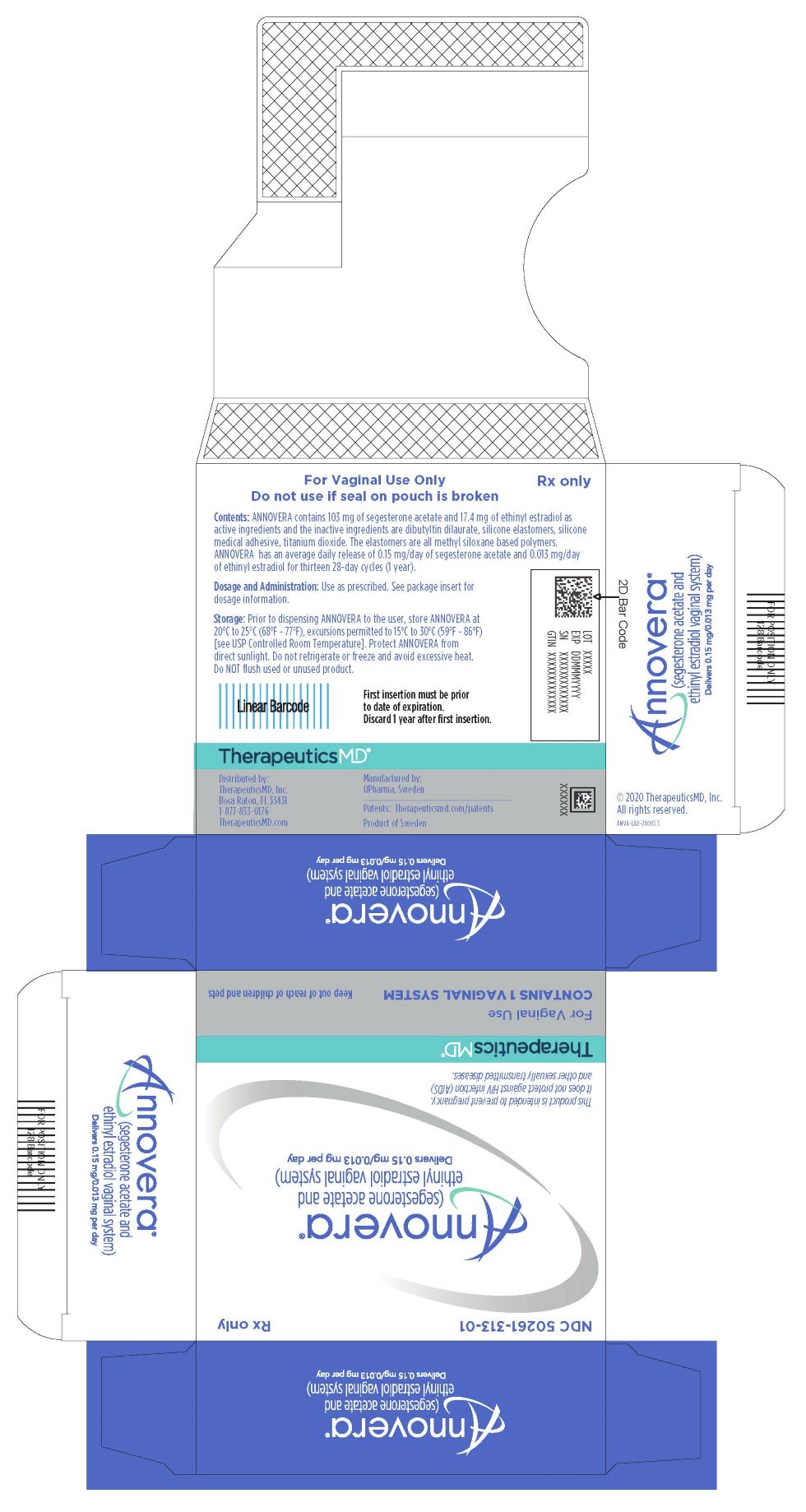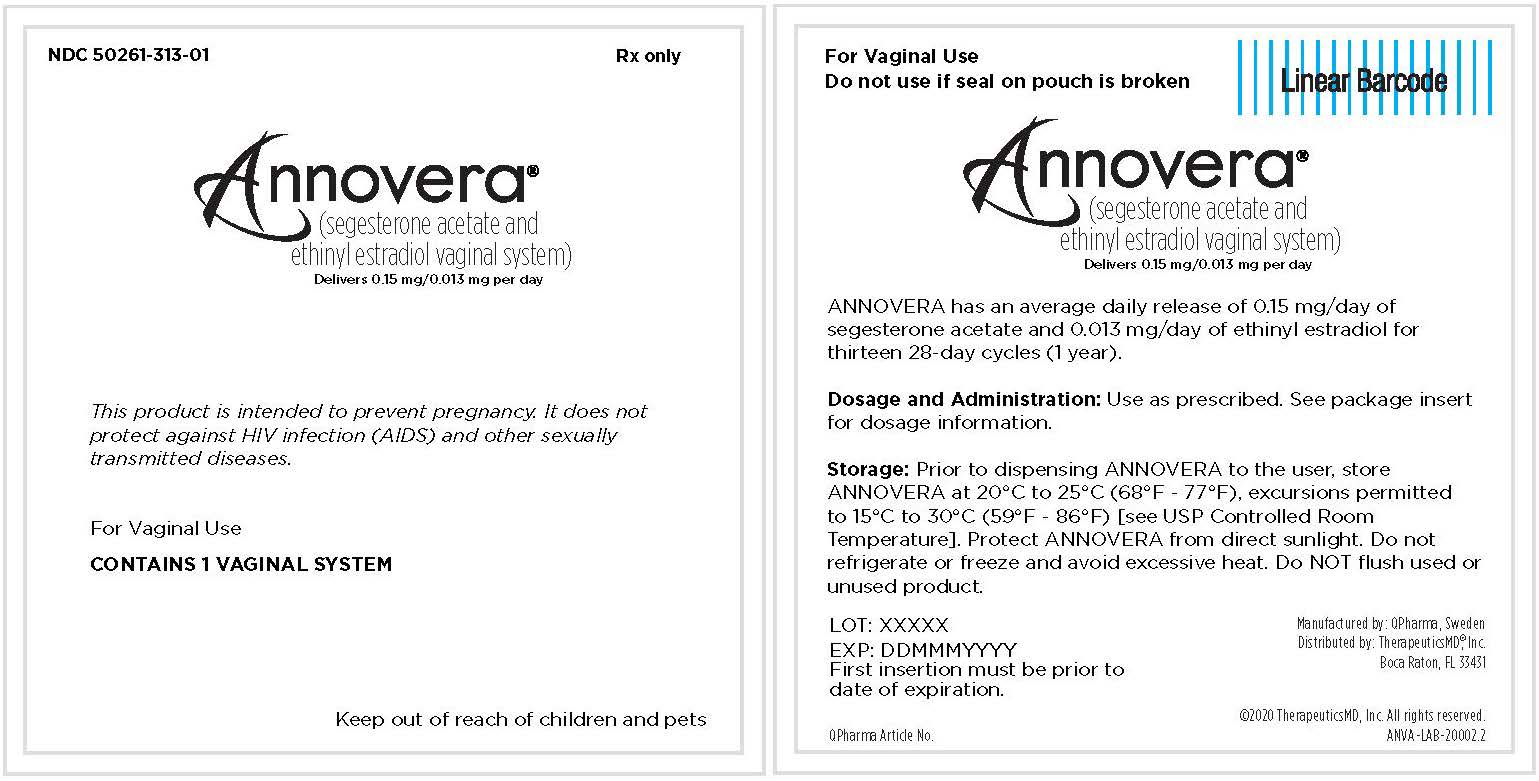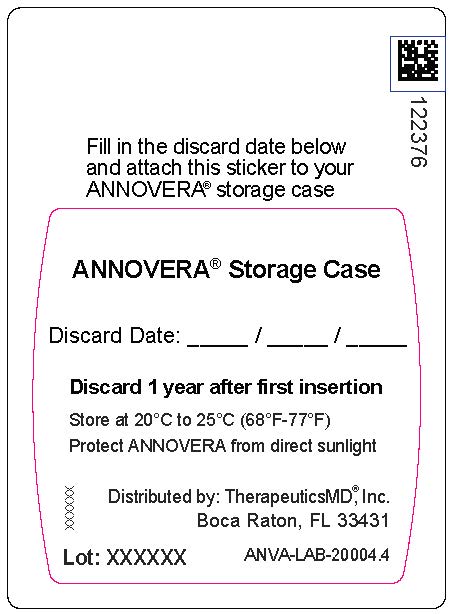Annovera | Segesterone Acetate And Ethinyl Estradiol Ring while Breastfeeding

What is Annovera | Segesterone Acetate And Ethinyl Estradiol Ring used for?
Is Annovera | Segesterone Acetate And Ethinyl Estradiol Ring safe to use while breastfeeding? Can it interfere with growth and development of my kid?
Annovera | Segesterone Acetate And Ethinyl Estradiol Ring Breastfeeding Analsys
Ethinyl estradiol while Breastfeeding
Low RiskCAS Number: 57-63-6
Synthetic estrogen that has a similar action as estradiol. Used in combination with progestogens for contraception. Ethinylestradiol is excreted in small or no amount into breast milk.There is evidence (albeit inconsistent) that estrogen-containing pills may decrease milk production, especially during the first few weeks postpartum with a daily dose above 30 micrograms of ethinyl estradiol.It may reduce the protein content of the milk.No problems have been observed in infants whose mothers were treated, except some cases of transient gynecomastia in infants whose mothers were receiving a higher dose than usual. During lactation progestin-only drugs are preferred or in combination with estrogen for birth control, but whatever, the ones with the lower doses of estrogen should be used.For the first 6 weeks postpartum, non-hormonal methods are of choise.
Annovera | Segesterone Acetate And Ethinyl Estradiol Ring Breastfeeding Analsys - 2
Segesterone acetate while Breastfeeding
CAS Number: 7690-08-6

Segesterone acetate is available in the United States in a combination contraceptive vaginal ring (Annovera) that releases segesterone acetate and ethinyl estradiol. No information is available on the use of this product during breastfeeding; however, segesterone is poorly bioavailable orally, so systemic exposure to segesterone in breastfed infants will be minimal. Based on the available evidence, expert opinion in the United States holds that because of the clotting risk, combination contraceptive products should not be used before 3 weeks postpartum. Between 3 weeks and 6 months postpartum, the advantages of using the method generally outweigh the theoretical or proven risks, although the evidence of lack of effect on lactation is poor and does not include preterm or ill infants. After 6 months postpartum, combination contraceptives, including oral tablets, the transdermal patch and vaginal ring, can be used, but progestin-only methods are preferred if breastfeeding will be continued.[1] World Health Organization guidelines are more restrictive, stating that combined oral contraceptives should not be used in nursing mothers before 42 days postpartum and the disadvantages of using the method generally outweigh the advantages between 6 weeks and 6 months postpartum.[2] The manufacturer of Annovera recommends that another form of contraception should be used until breastfeeding is discontinued.
Ethinyl estradiol while Breastfeeding
CAS Number: 57-63-6
This record contains information specific to ethinyl estradiol used alone. Users with an interest in an oral contraceptive should consult the record entitled, "Contraceptives, Oral, Combined."There is little information available on the use of ethinyl estradiol alone during breastfeeding. Levels in milk appear to be low. Based on studies on oral contraceptives that contain ethinyl estradiol, immediate side effects such as breast enlargement appear to occur rarely. It seems likely that doses of 30 mcg daily or greater can suppress lactation. The magnitude of the effect on lactation likely depends on the dose and the time of introduction postpartum, but data are not adequate to accurately define these doses and times.

What should I do if I am breastfeeding mother and I am already exposed to Annovera | Segesterone Acetate And Ethinyl Estradiol Ring?
We are not completely sure about safety of Annovera | Segesterone Acetate And Ethinyl Estradiol Ring in breastfeeding. We would suggest you to contact your doctor or health care provider and explain your situation with Annovera | Segesterone Acetate And Ethinyl Estradiol Ring. If you observe anything abnormal with your baby please call 911 or contact emergency services in your area.
My health care provider has asked me to use Annovera | Segesterone Acetate And Ethinyl Estradiol Ring, what to do?
If your doctor considers Annovera | Segesterone Acetate And Ethinyl Estradiol Ring safe enough to prescribe for you that means its benefits outweigh its known risks.
If I am using Annovera | Segesterone Acetate And Ethinyl Estradiol Ring, will my baby need extra monitoring?
Not Sure, Please check with your doctor or lactation consultant.
Who can I talk to if I have questions about usage of Annovera | Segesterone Acetate And Ethinyl Estradiol Ring in breastfeeding?
US
National Womens Health and Breastfeeding Helpline: 800-994-9662 (TDD 888-220-5446) 9 a.m. and 6 p.m. ET, Monday through Friday
UK
National Breastfeeding Helpline: 0300-100-0212 9.30am to 9.30pm, daily
Association of Breastfeeding Mothers: 0300-330-5453
La Leche League: 0345-120-2918
The Breastfeeding Network supporter line in Bengali and Sylheti: 0300-456-2421
National Childbirth Trust (NCT): 0300-330-0700
Australia
National Breastfeeding Helpline: 1800-686-268 24 hours a day, 7 days a week
Canada
Telehealth Ontario for breastfeeding: 1-866-797-0000 24 hours a day, 7 days a week
